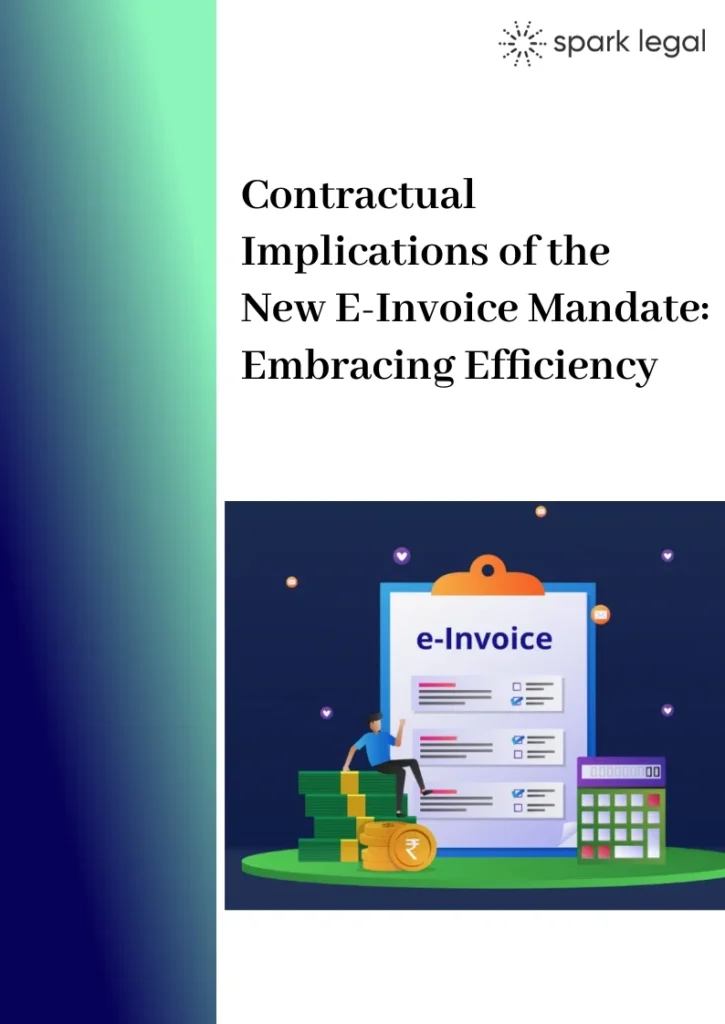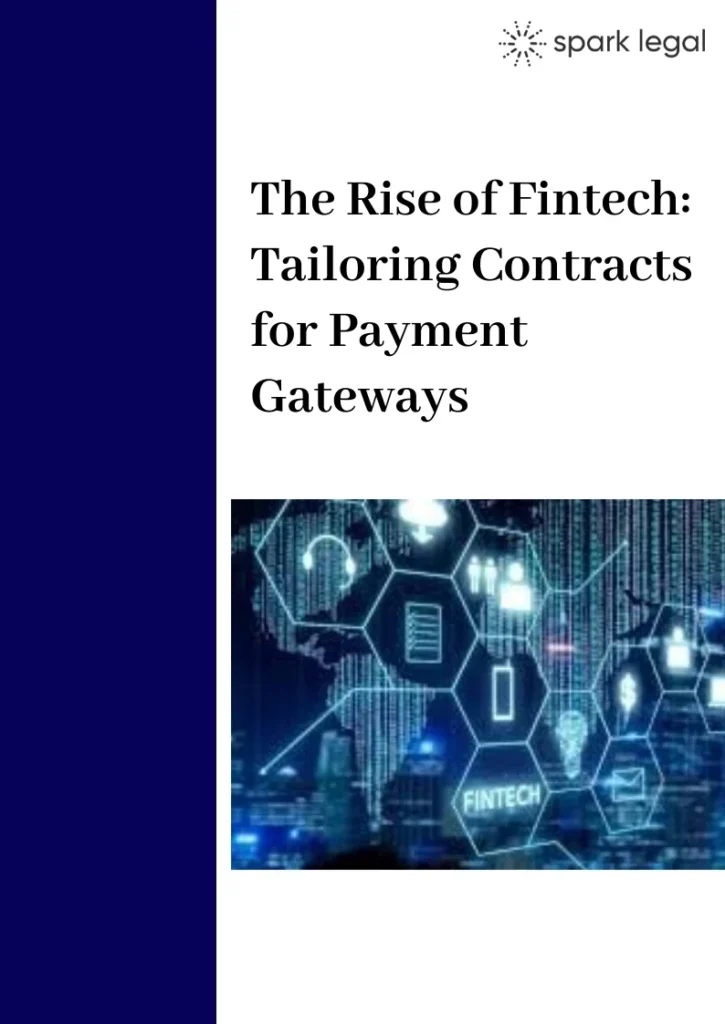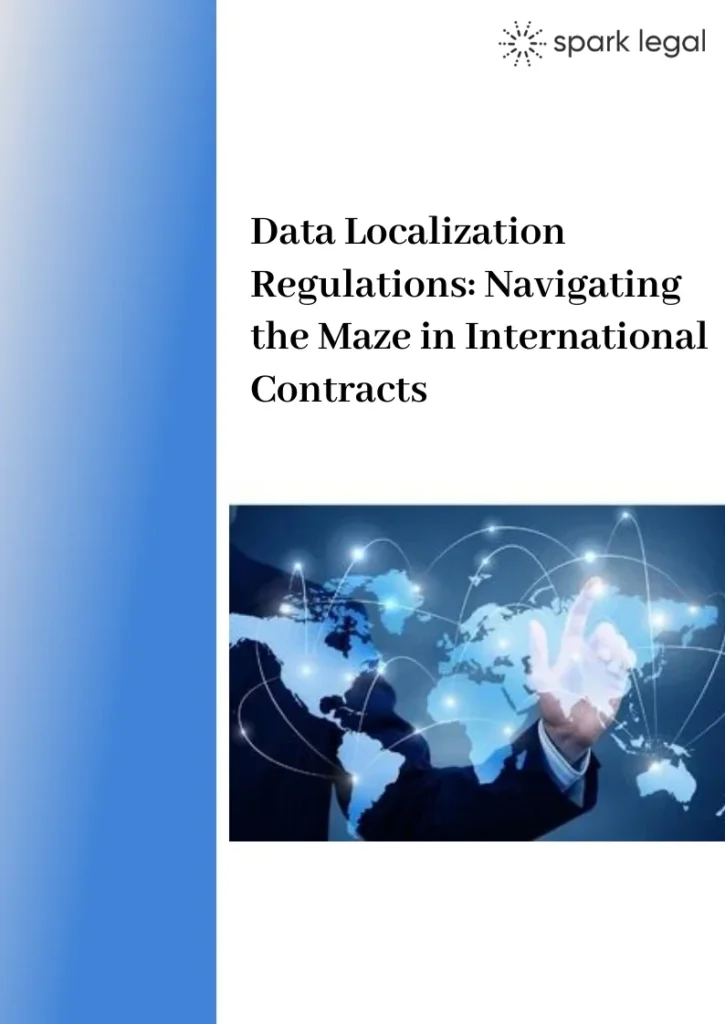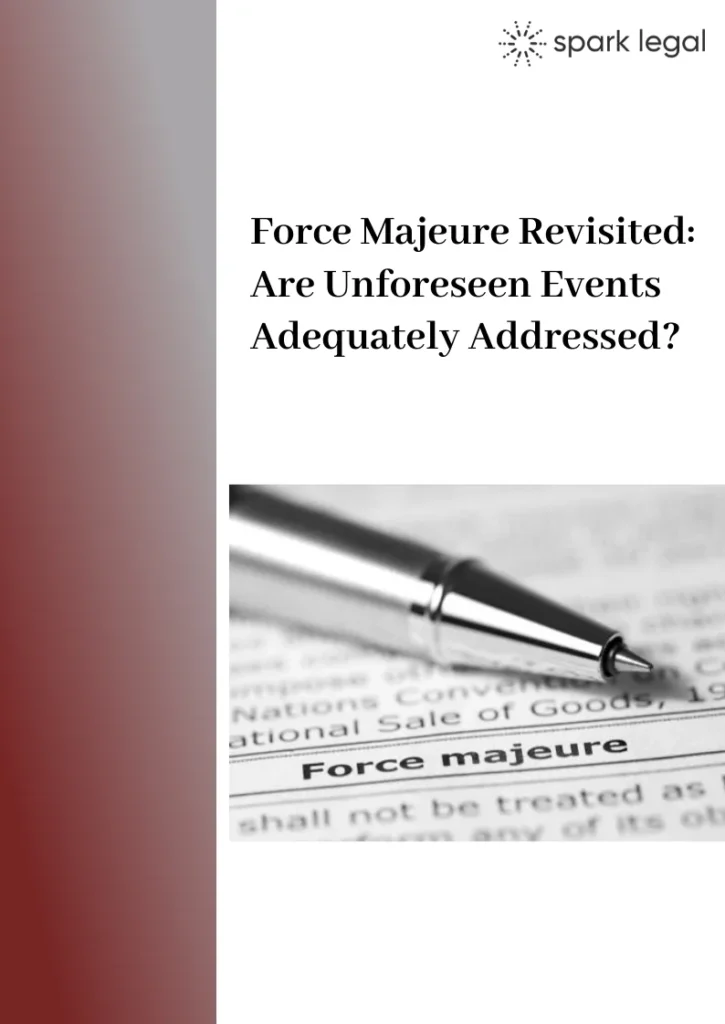Contractual Implications of the New E-Invoice Mandate: Embracing Efficiency

The government’s recent e-invoicing mandate marks a significant shift towards digitalization in business transactions. This mandate requires businesses to issue electronic invoices (e-invoices) for specified transaction values. While e-invoicing offers benefits like increased transparency and streamlined tax administration, it also necessitates adjustments to business processes and contractual agreements. This blog post explores the key requirements […]
Deal Breakers? Ensuring Your Contracts are M&A Ready

Mergers and acquisitions (M&A) are strategic maneuvers that can propel busin esses to
new heights. However, seemingly innocuous clauses buried deep within contracts can
emerge as dealbreakers at the eleventh hour. This blog post dives into the importance
of contract scrutiny durin g M&A transaction s, explores th e potential pitfalls h idden within
seemingly insignificant clau ses, and offers strategies to ensure your contracts are M&A
ready, fostering a smooth transition and business continuity-
The Rise of Fintech: Tailoring Contracts for Payment Gateways

The financial technology (Fintech) landscape is experiencing explosive growth, with payment gateways playing a pivotal role in facilitating seamless online transactions. These gateways serve as secure interfaces that authorize and process payments between customers and merchants. For businesses looking to leverage the power of Fintech, partnering with the right payment gateway is crucial. However, navigating […]
Data Localization Regulations: Navigating the Maze in International Contracts

A growing trend towards data localization regulations is presenting new challenges for companies operating internationally. These regulations mandate data to be stored and processed within the country’s borders, potentially restricting cross-border data transfers. This blog post will dive into the complexities of data localization regulations, explores strategies for incorporating them into international contracts, and analyzes […]
Force Majeure Revisited: Are Unforeseen Events Adequately Addressed?

Commercial contracts are the bedrock of business relationships, outlining rights, obligations, and expectations for all parties involved. A critical component of any well-drafted contract is the “force majeure” clause. This clause addresses unforeseen events that disrupt contractual performance, potentially excusing a party from certain obligations or delaying performance timelines. However, in today’s dynamic world, with […]
Data Security in Contracts: Are You Shielding Your Competitive Edge?

In the current data-driven world, safeguarding customer information is not just an ethical imperative, it’s a strategic advantage. Data breaches can erode consumer trust, damage brand reputation, and result in hefty fines under India’s recently enacted Digital Personal Data Protection Act (DPDPA) 2023. For industry professionals, incorporating robust data security provisions into contracts with third-party vendors and service providers is crucial for protecting sensitive customer data and shielding your competitive edge. This blog post dives into the landscape of data security and privacy regulations, explores strategies for allocating data breach liability through contracts, and analyzes the benefits and limitations of standardized data security clauses.
Indemnity Revisited: Are Your Contracts Overexposed?

Often, there’s this one contract clause that receives less attention than it deserves: the indemnity clause. Indemnity clauses define which party bears the financial burden for potential losses or liabilities arising from the agreement. While a broad indemnity clause might seem attractive at first glance, evolving legal precedents and industry standards can render them surprisingly risky. This blog post delves into the process of crafting effective indemnity clauses, considering your business stage, risk profile, and the ever-changing legal landscape.
